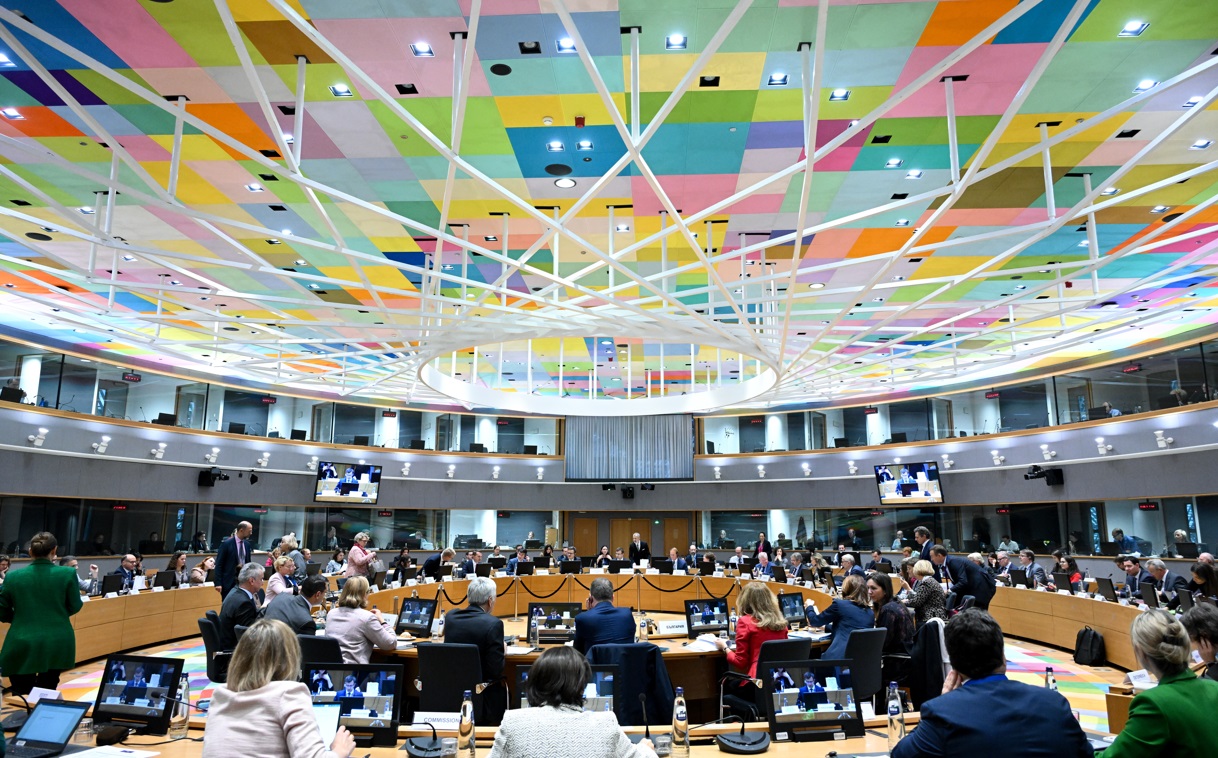The EU's New ESG Ratings Rules: A Welcome Step Towards Transparency and Integrity
A giant step in the right direction: EU brings reality checks to ESG reporting. As the sustainable finance market continues to rapidly grow, the importance of reliable and transparent ESG ratings has never been higher.
For too long, the ESG ratings landscape has been plagued by a lack of standardization, conflicts of interest, and questionable methodologies. This has undermined trust in these crucial inputs to investment decision-making and sustainability assessments. The new EU regulation seeks to address these shortcomings head-on.
By mandating authorization, organizational requirements, and robust transparency measures for ESG rating providers, the regulation will bring much-needed rigor and accountability to the market. The clear disclosure rules on methodologies, data sources, and key assumptions will allow investors to better understand the ESG profiles they are relying on.
Importantly, the regulation also aims to mitigate conflicts of interest by restricting rating providers from engaging in certain other activities. The regulation prohibits ESG rating providers from offering consultancy or advisory services to the entities they rate. This helps ensure the independence and objectivity of the rating process, as providers cannot be influenced by lucrative consulting engagements. This separation of ESG analysis from commercial interests is crucial to preserving the integrity of the ratings.
The inclusion of a temporary regime for smaller ESG rating firms is also a pragmatic move. Small ESG rating providers can simply notify ESMA of their intention to operate in the EU, rather than having to apply for full authorization. These small providers will only be subject to a subset of the regulation's requirements - namely the provisions on organizational requirements, transparency, and ESMA's investigatory powers. They will not have to comply with all the detailed governance mandates. It recognizes the need to balance regulatory oversight with fostering a diverse ecosystem of providers. Allowing smaller players to register rather than immediately seek full authorization should encourage new entrants and innovation.
Robust supervision by the European Securities and Markets Authority, and a thorough review by the European Commission within four years, will be essential to ensure the regulation achieves its objectives. Ongoing monitoring of market trends and concentration levels will also be key.
Overall, this new ESG ratings regulation represents a significant step forward for the sustainable finance transition. By enhancing transparency, independence, and reliability, it should help channel capital towards truly sustainable investments and activities. At SBI, we advocate for data reliability, transparent workflows and processes. In an era of growing greenwashing concerns, that can only be a positive development for investors, companies, and the planet.
